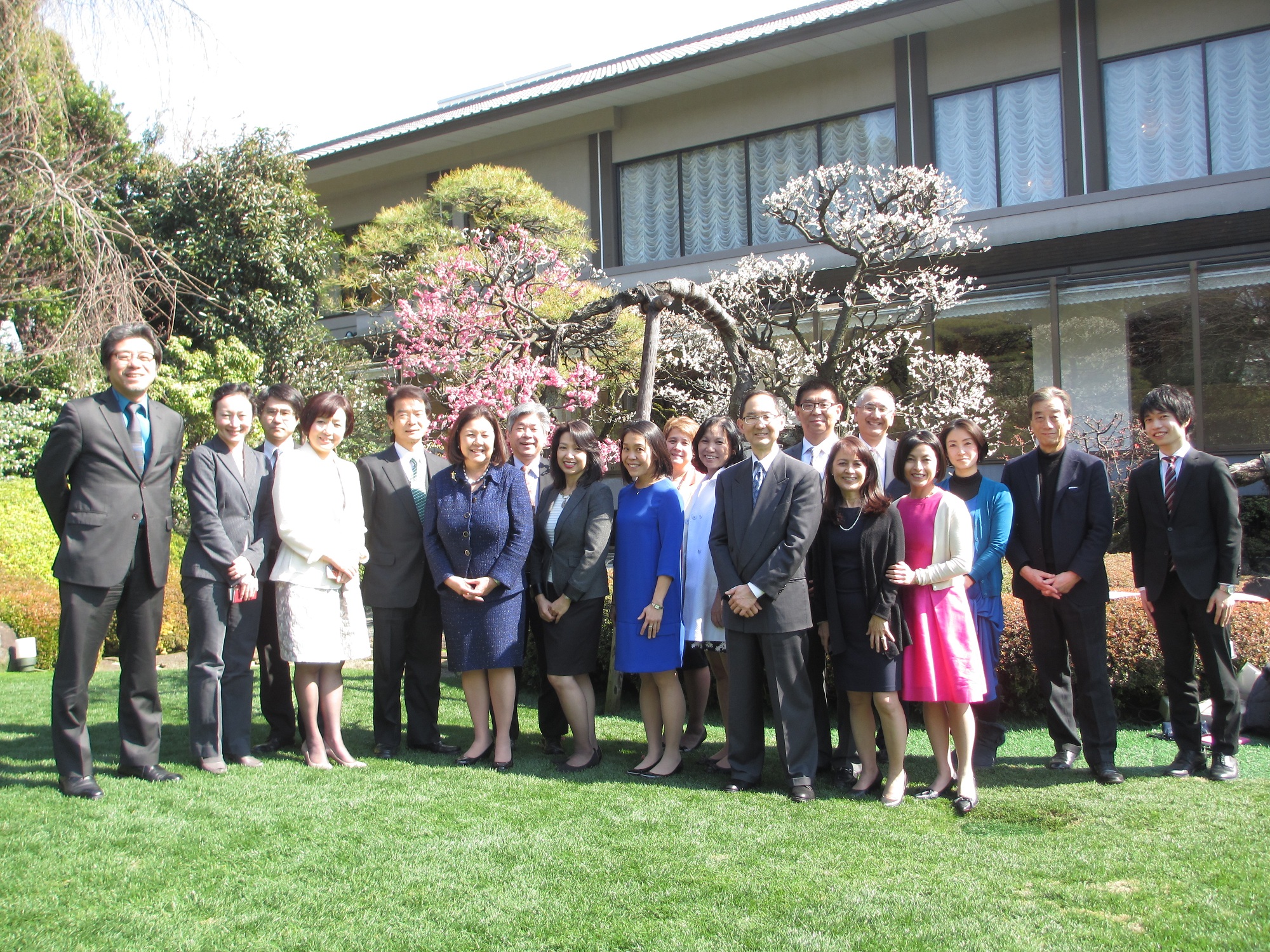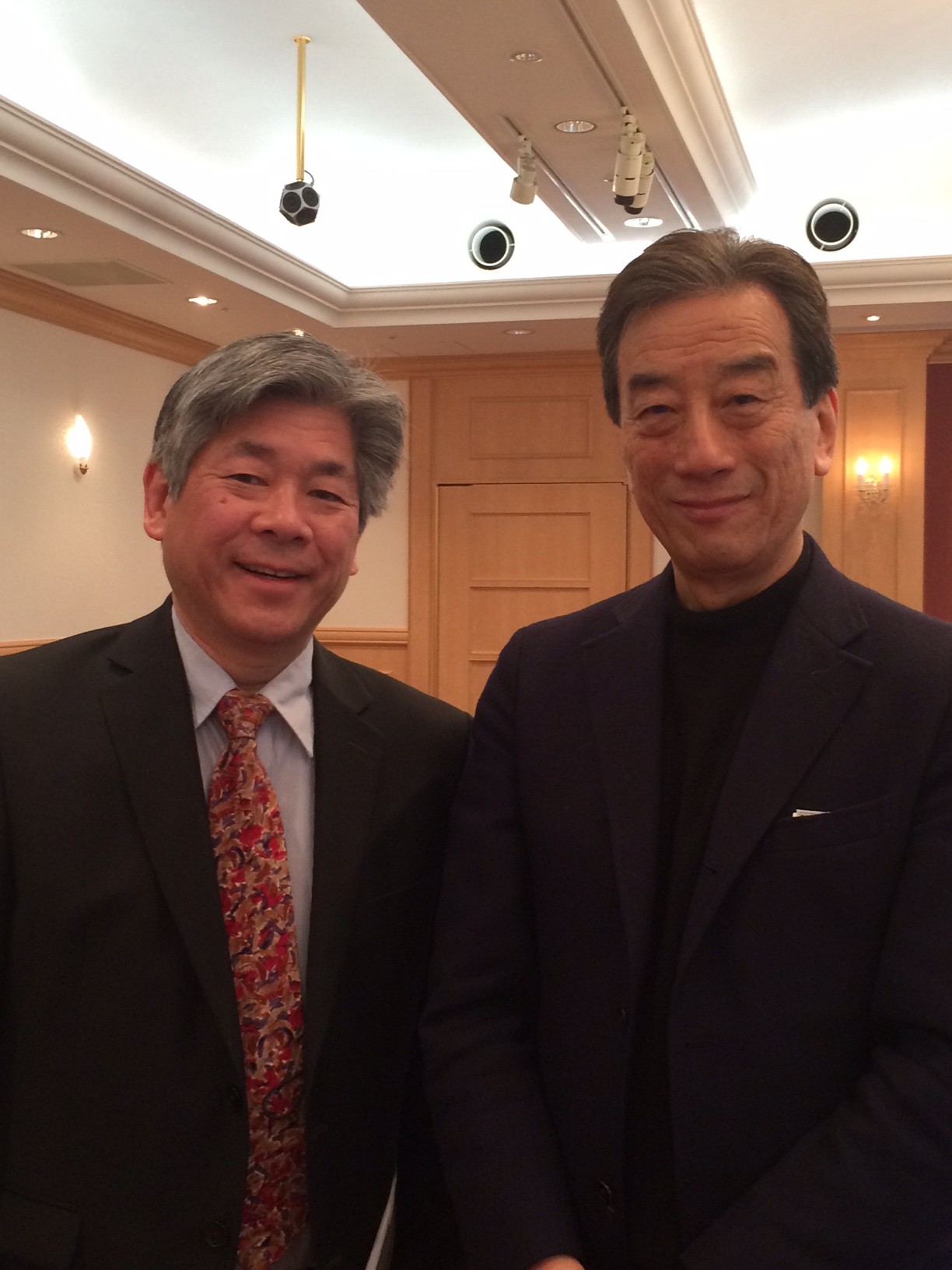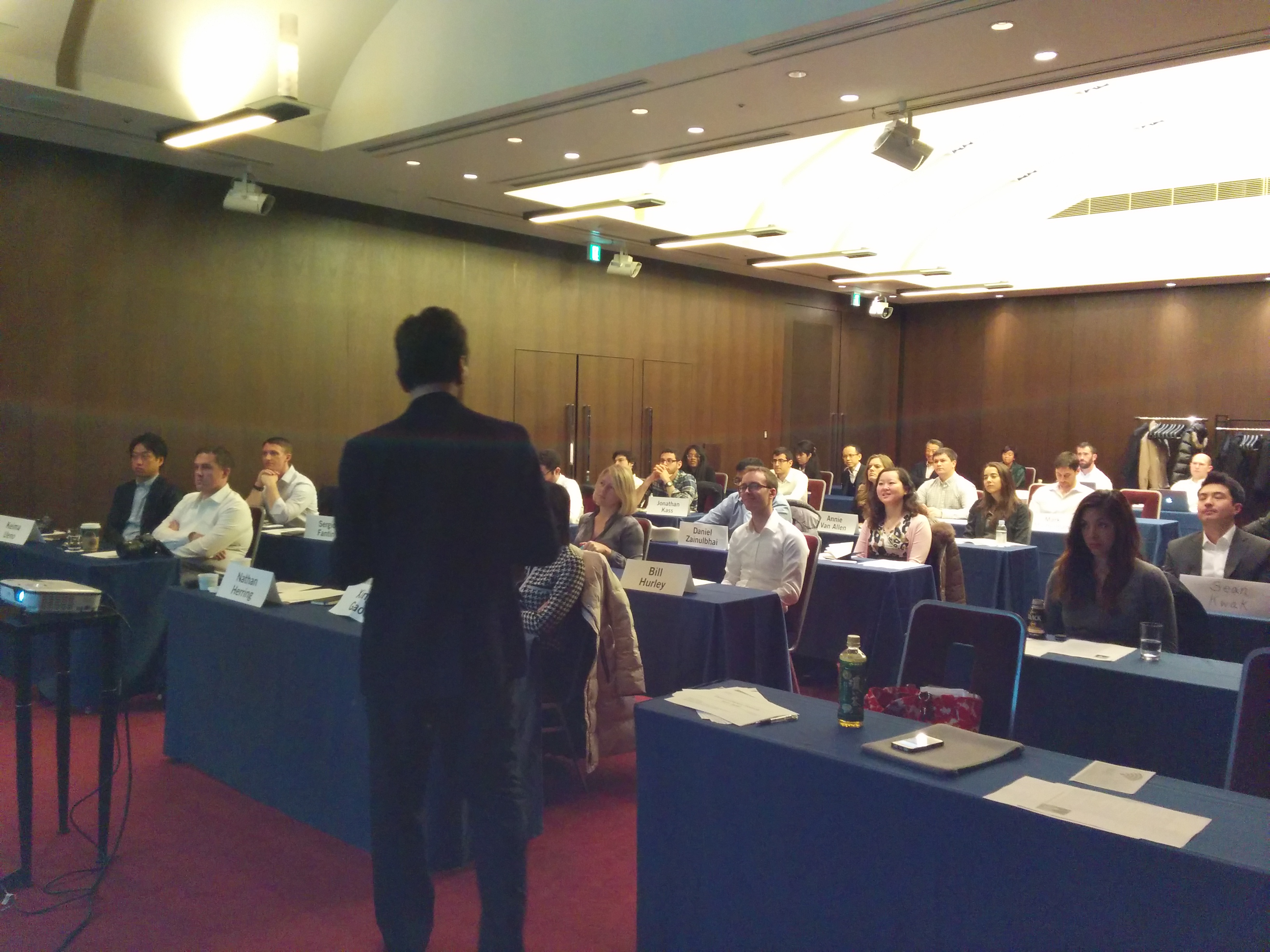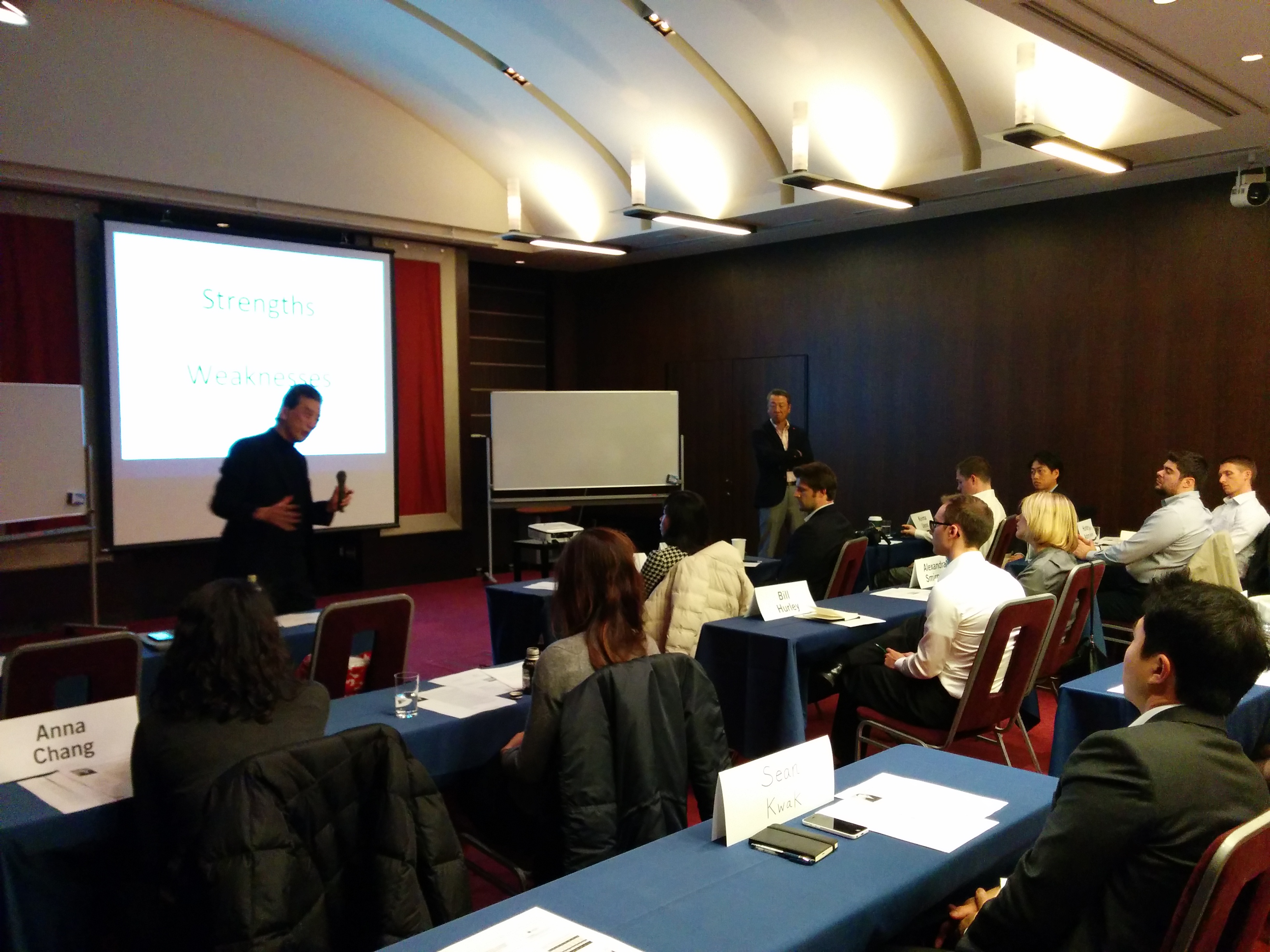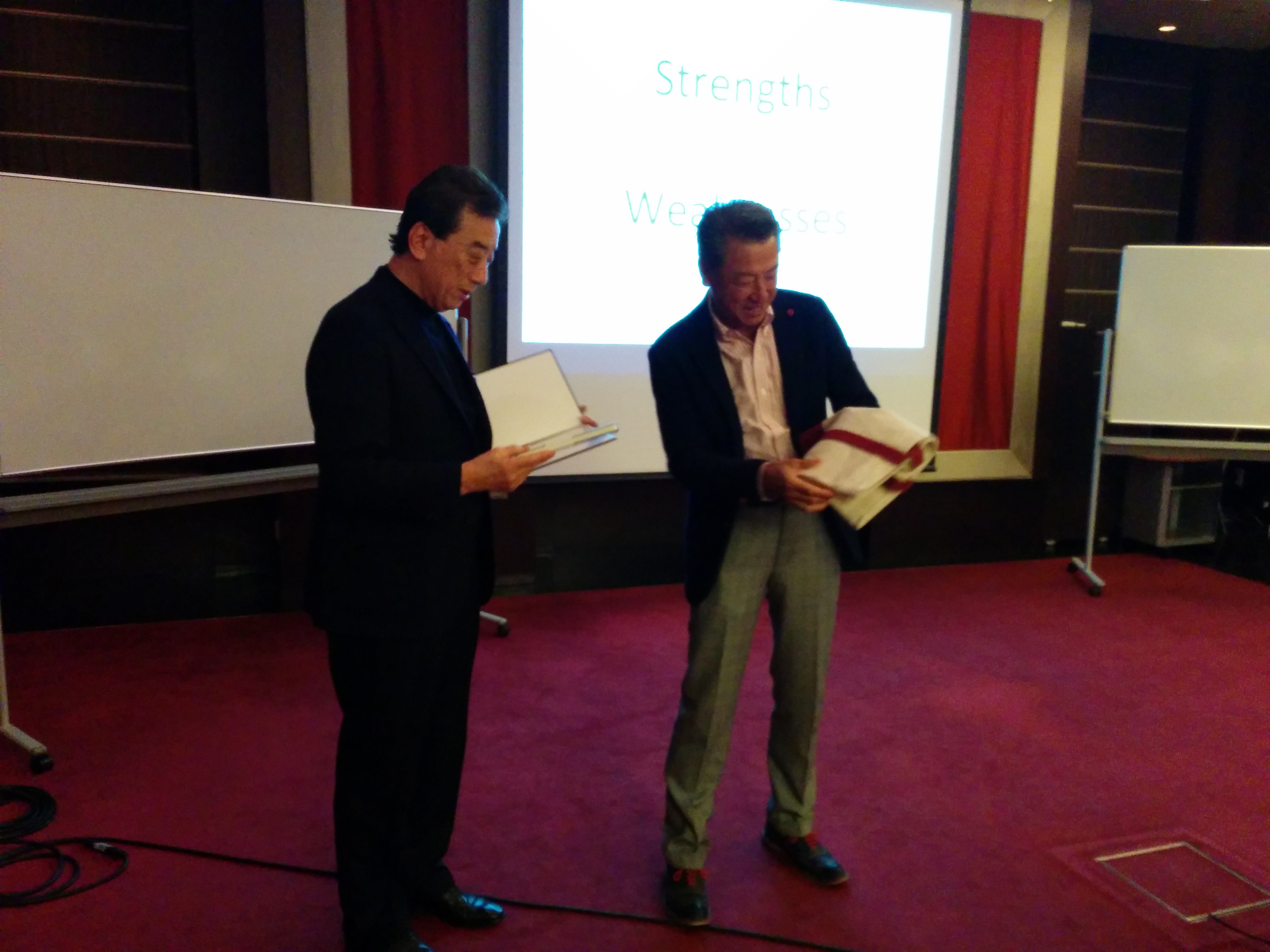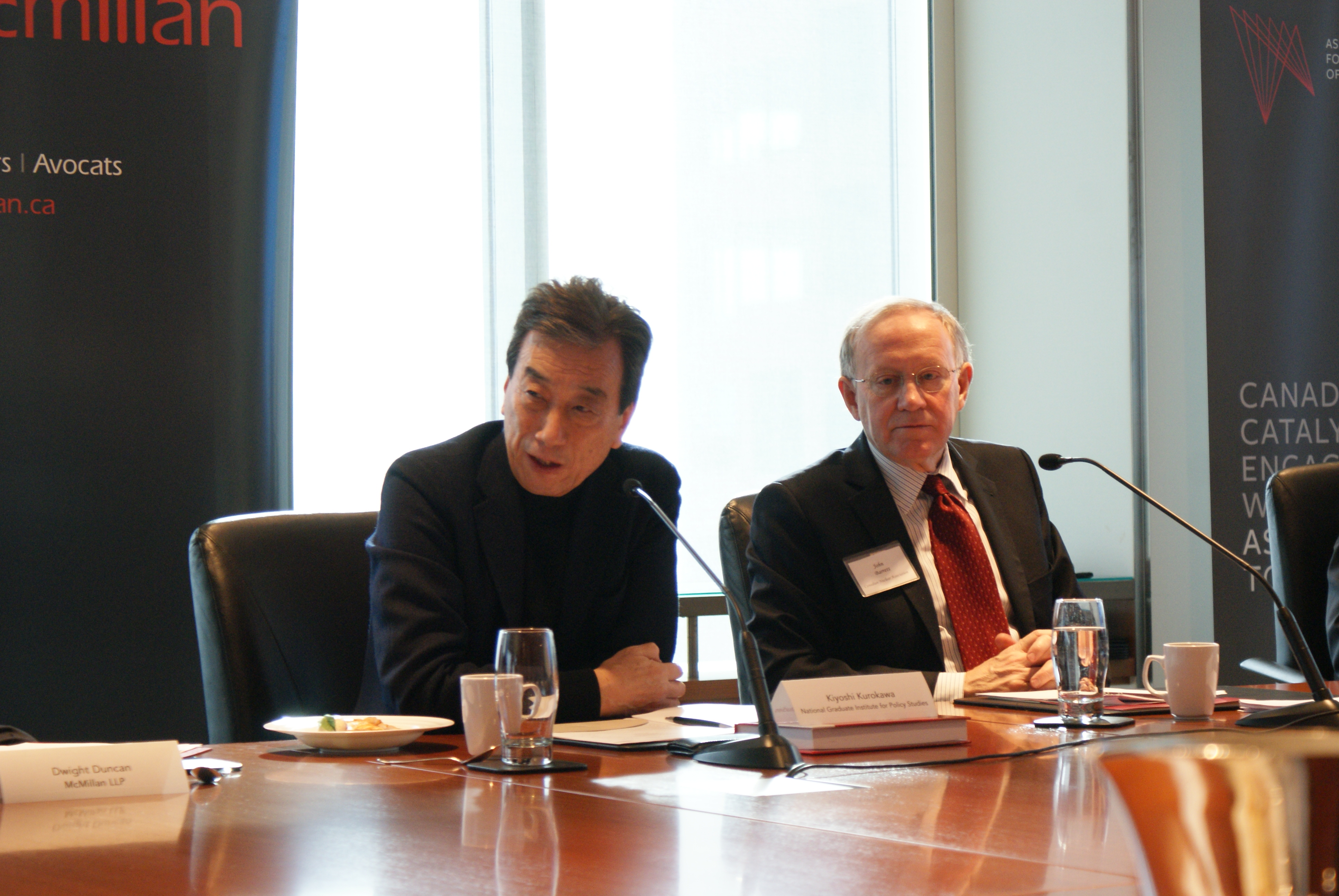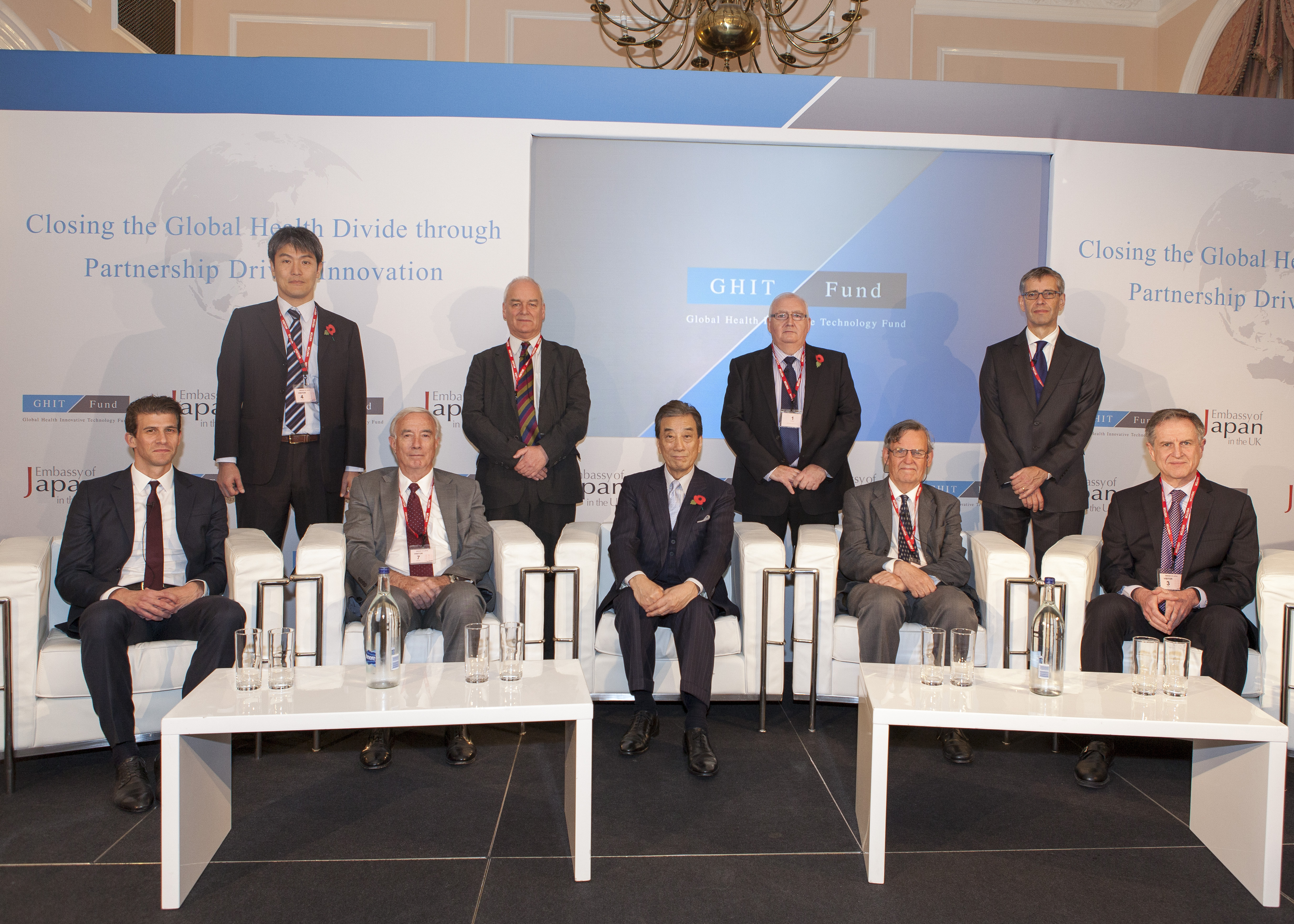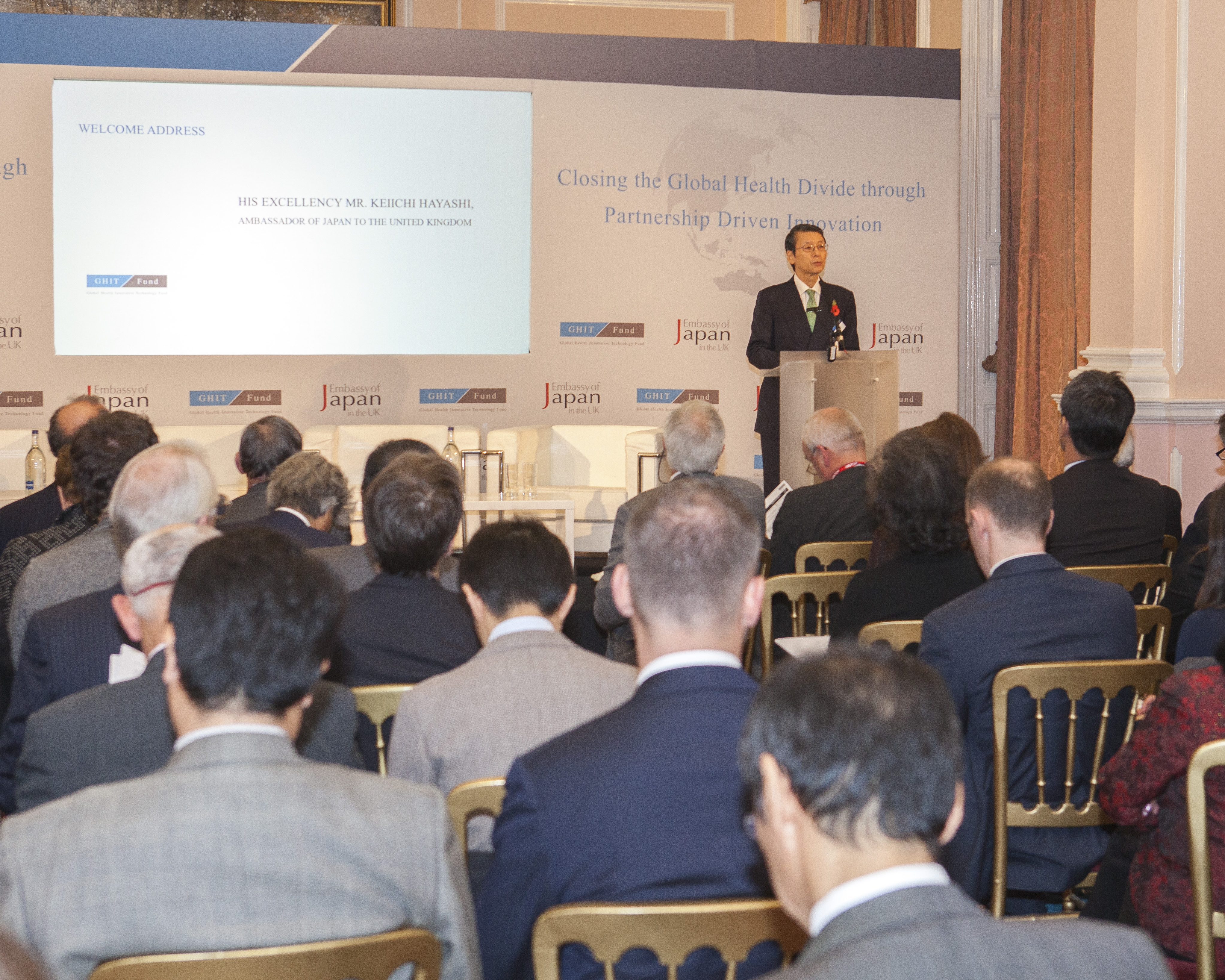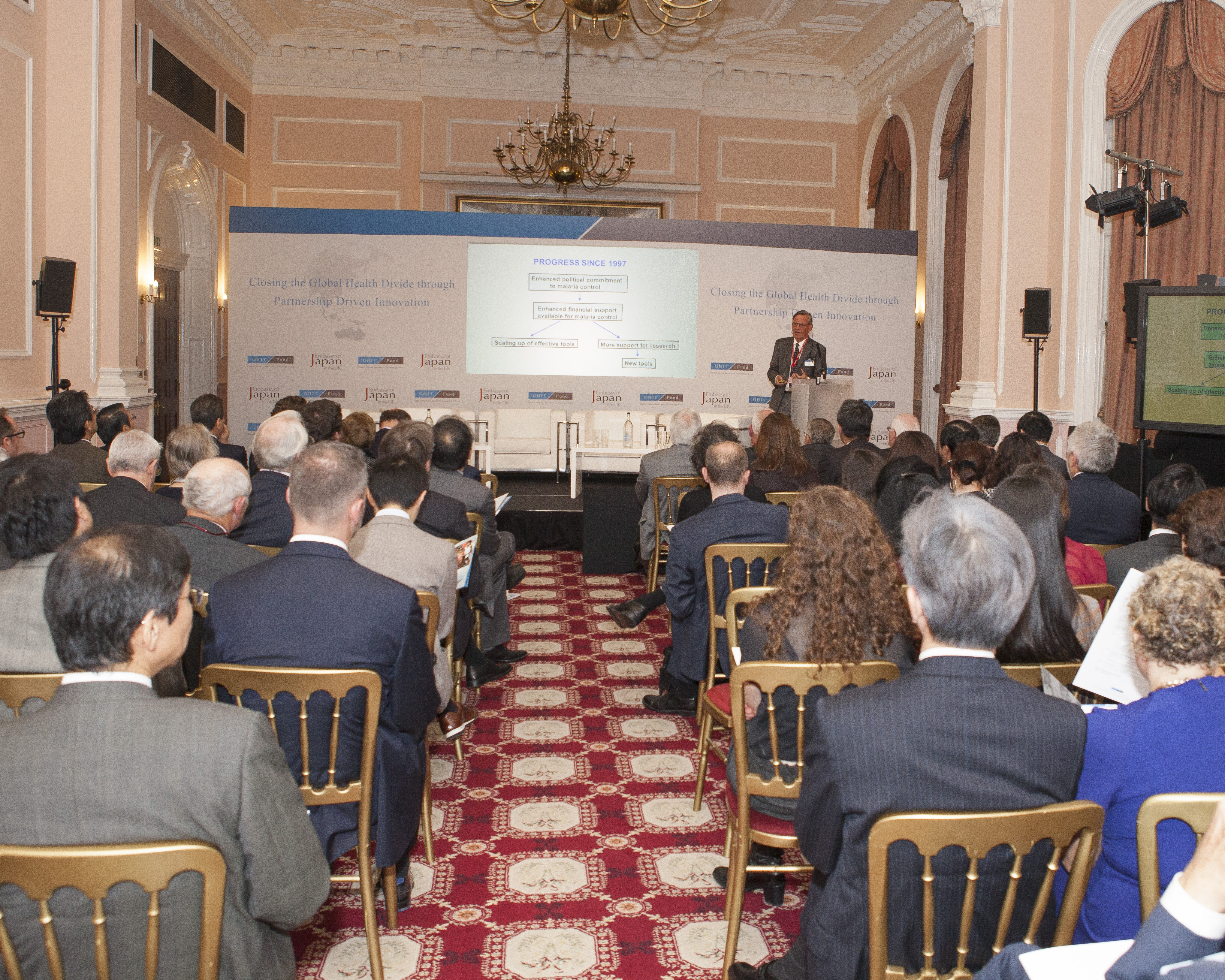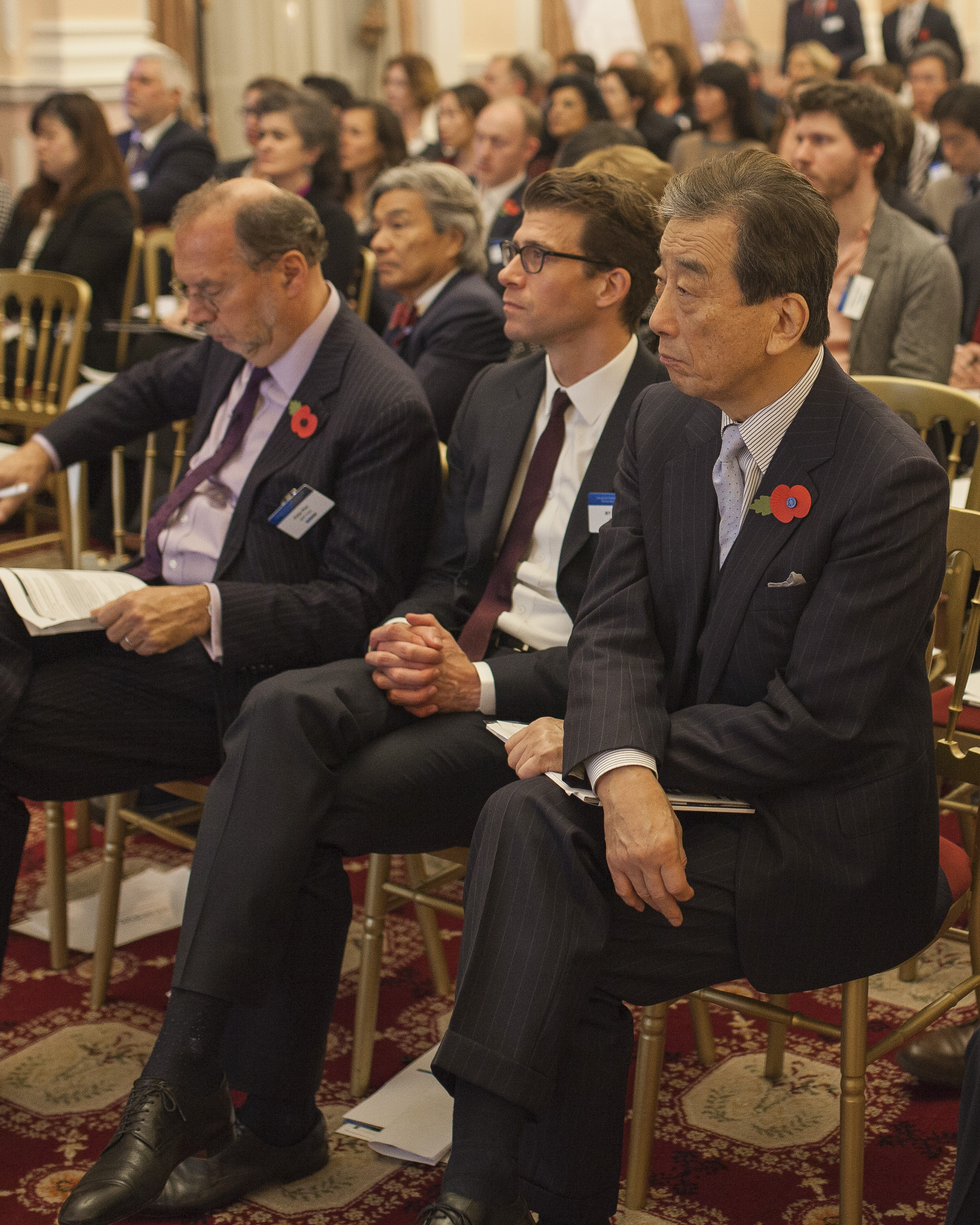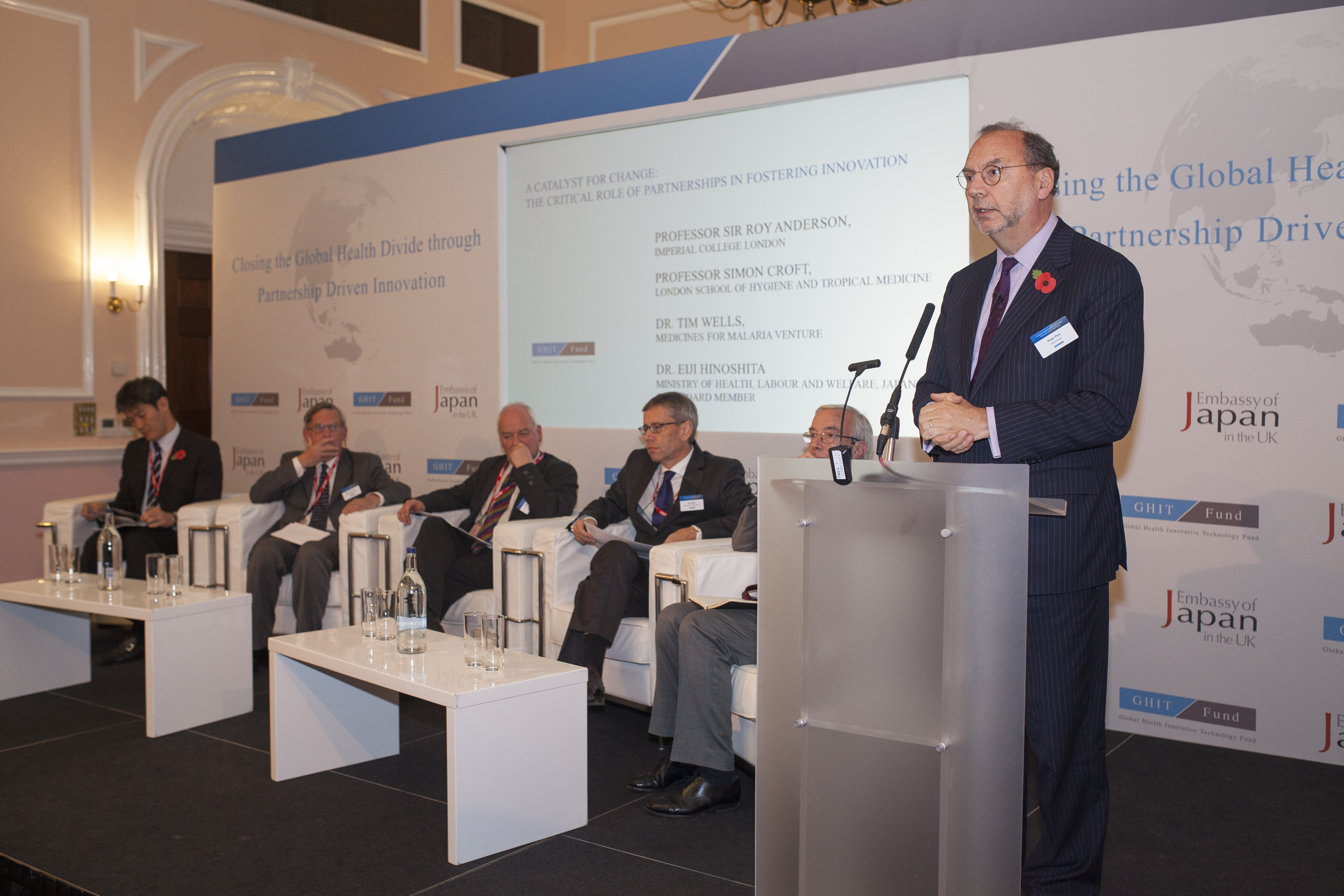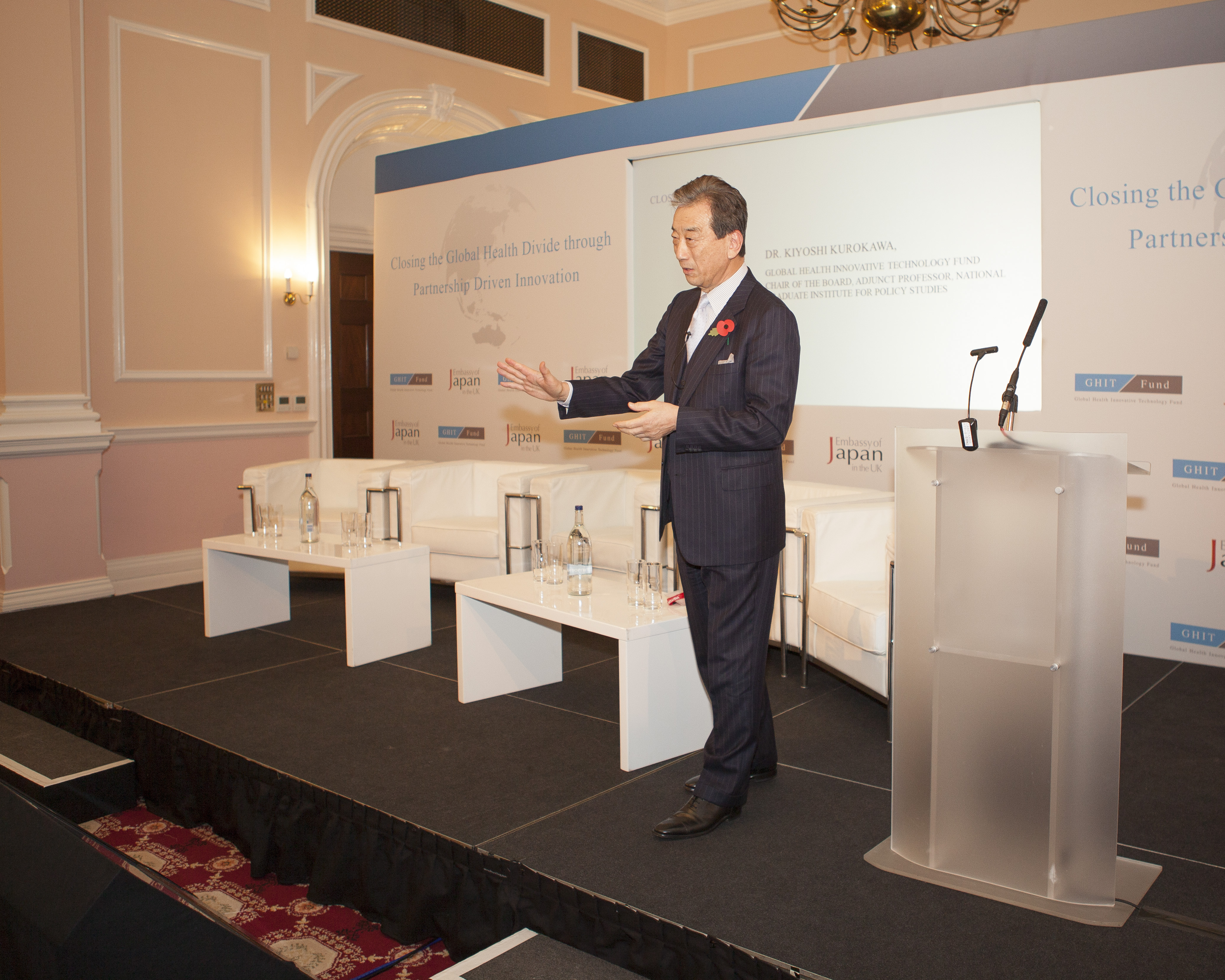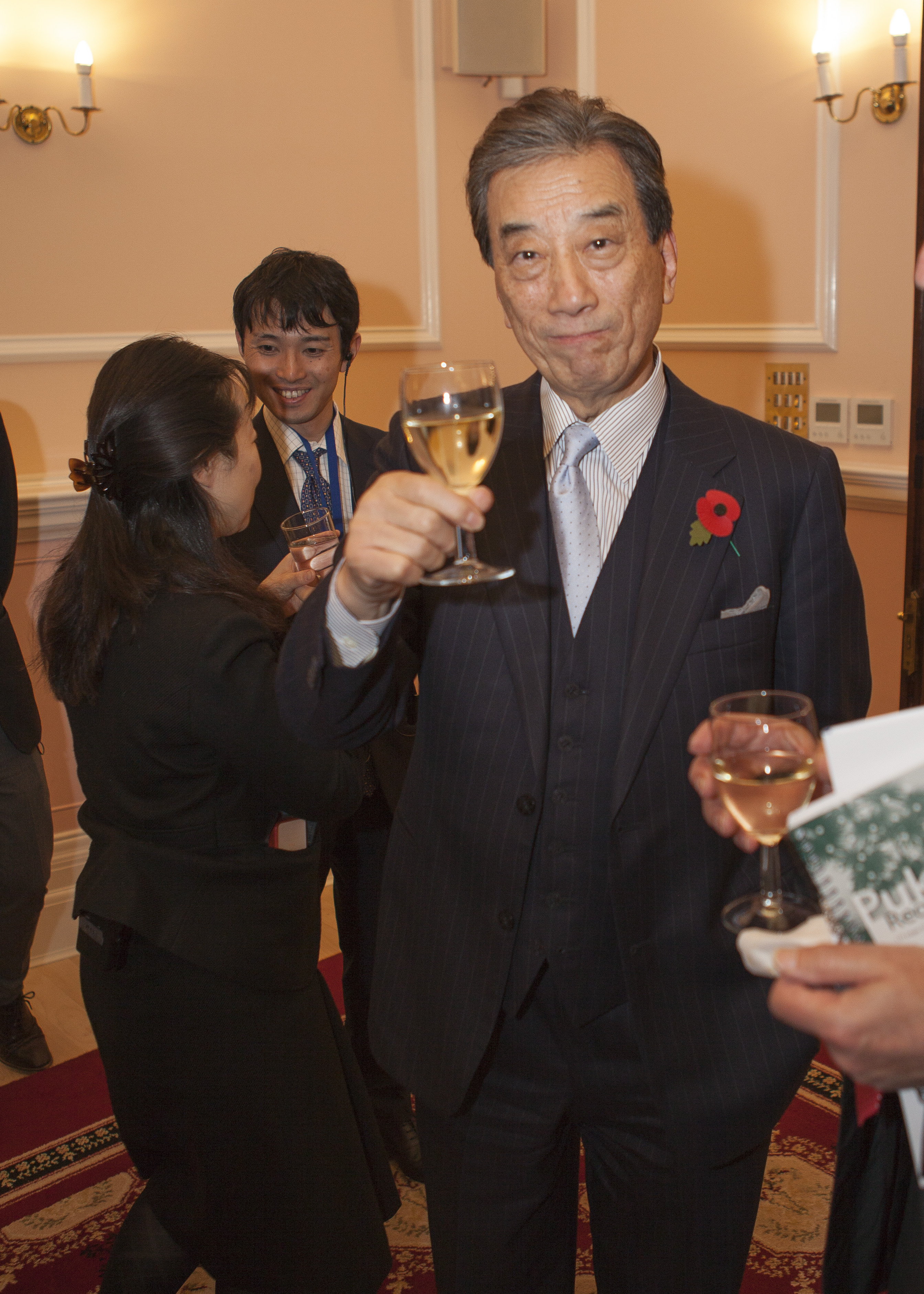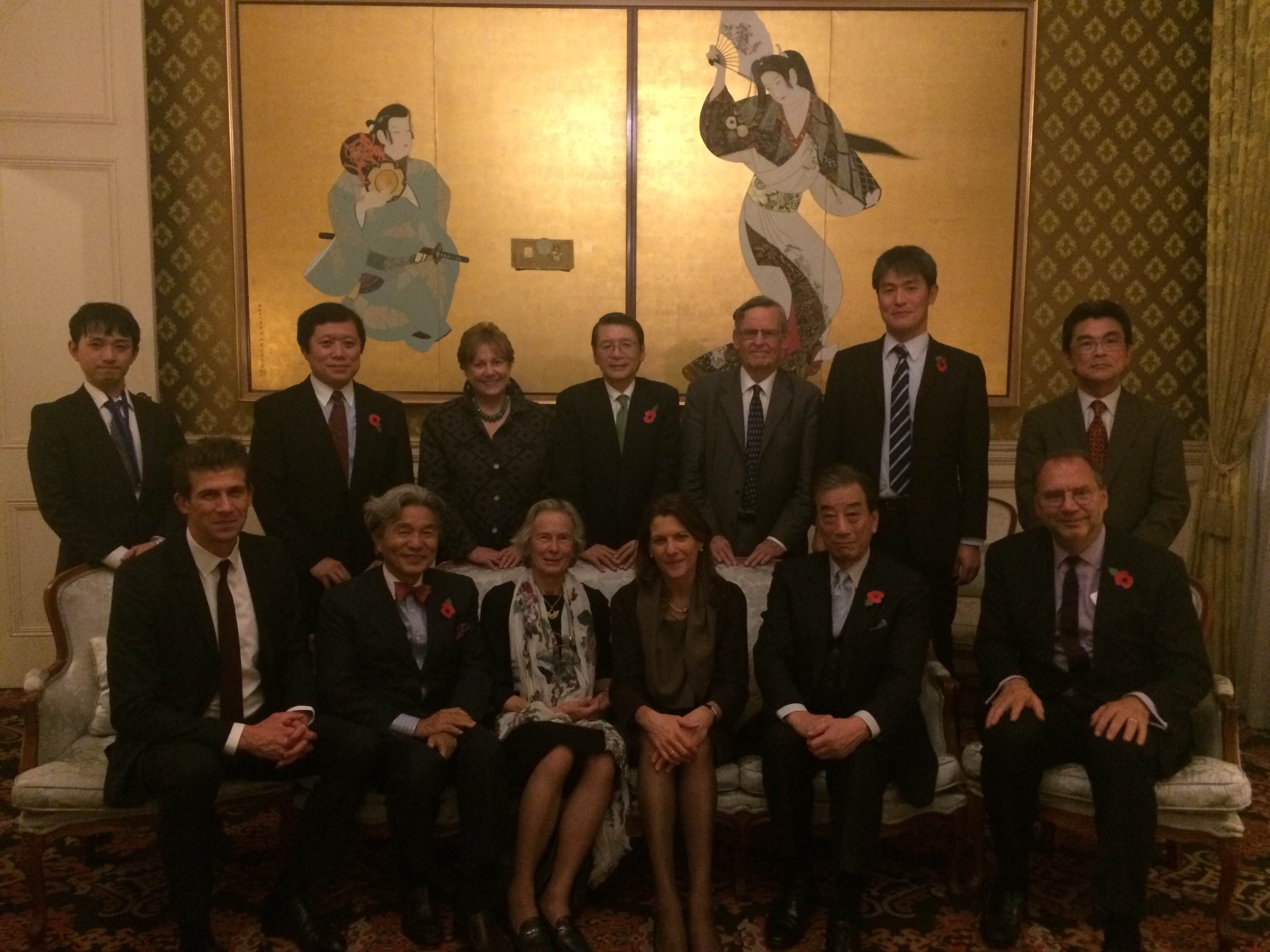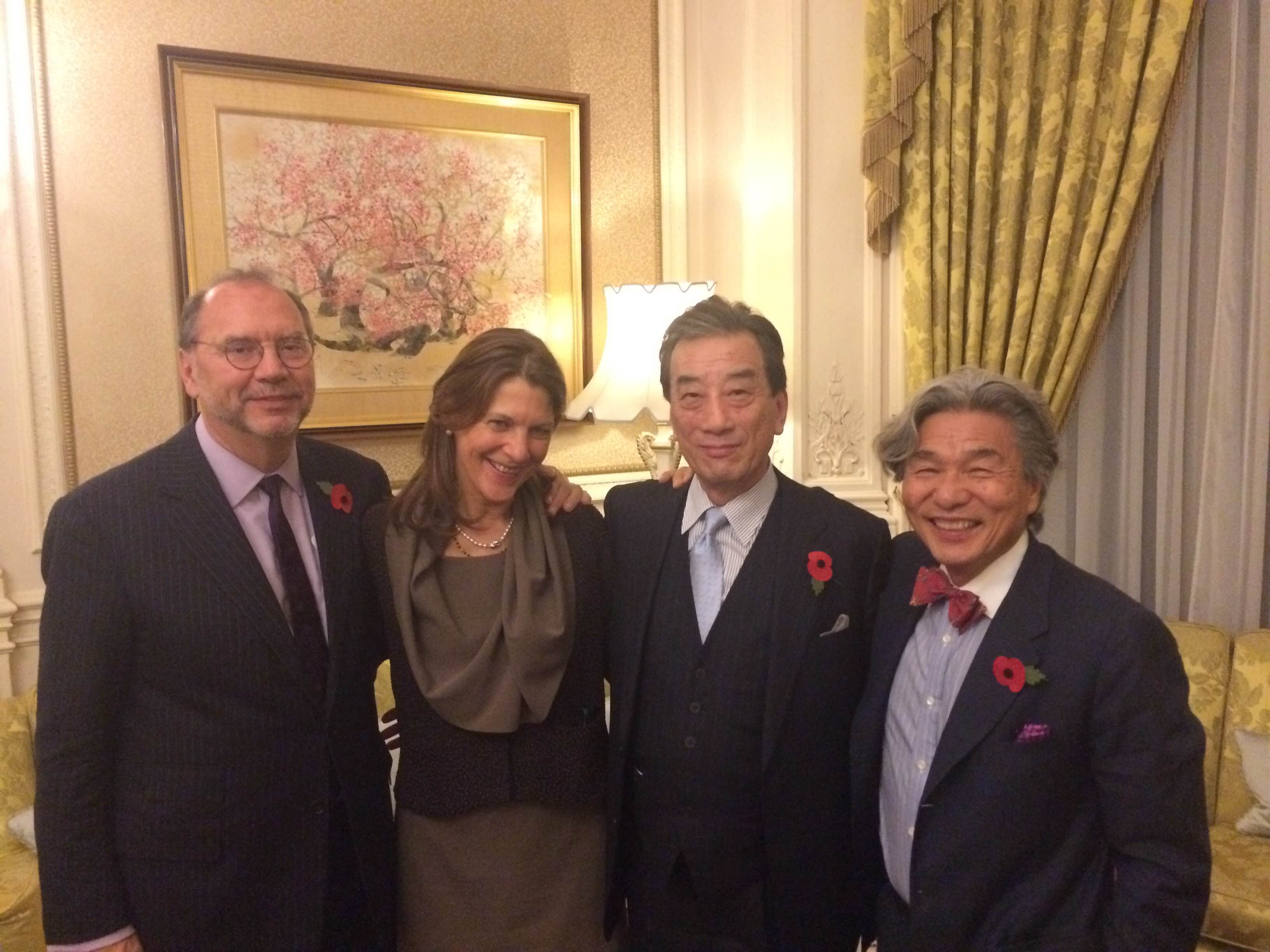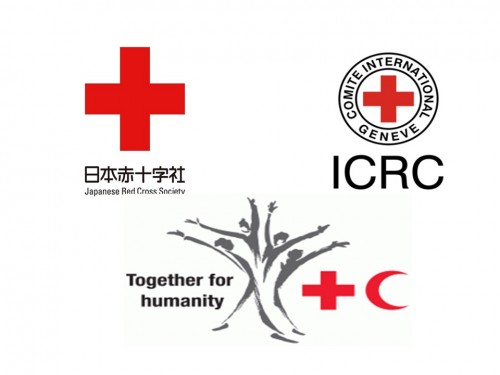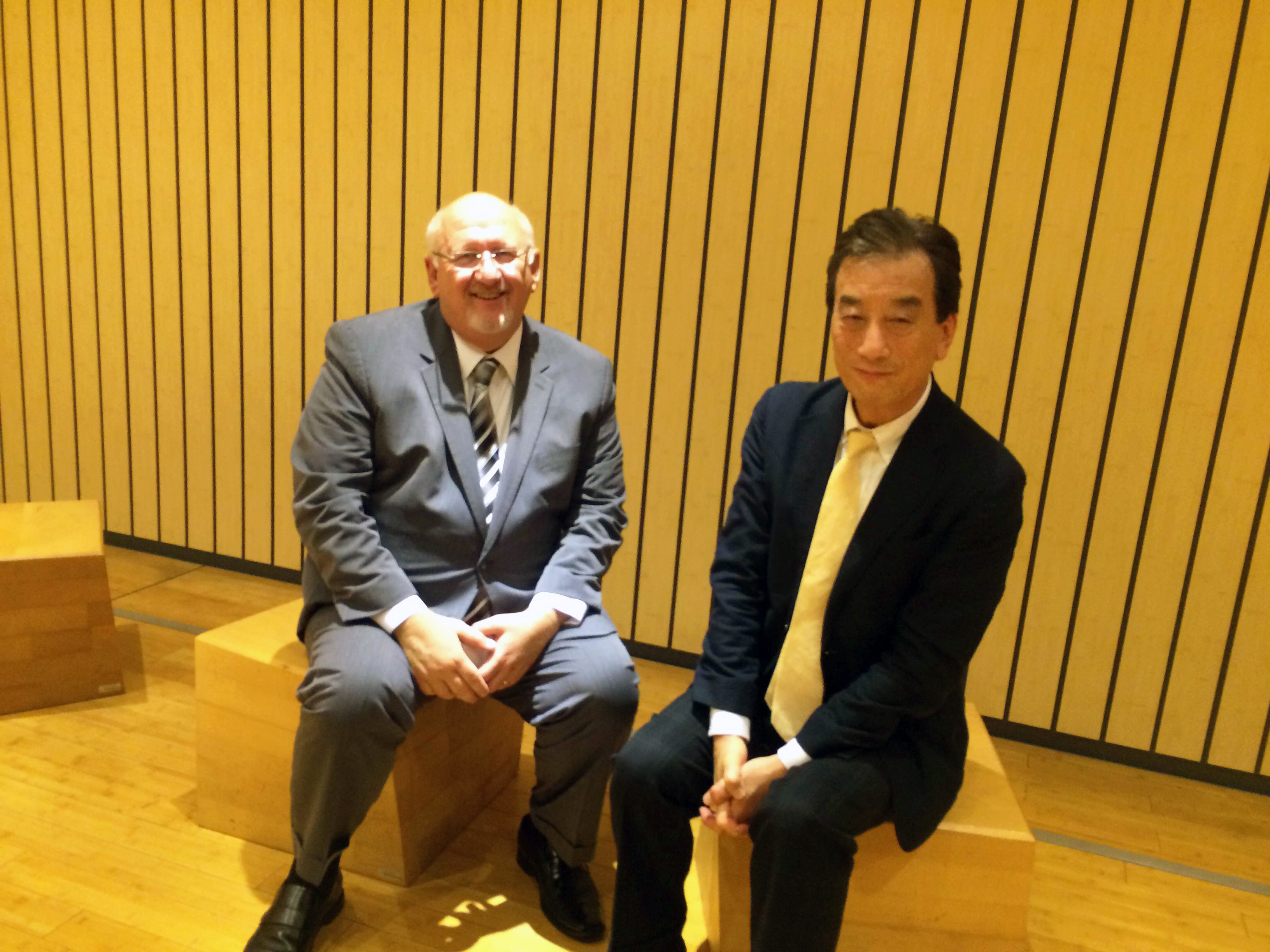→Japanese
On October 9th, I was invited to speak on a panel entitled “Nuclear Energy; Post-3.11” at the Hongo campus of the University of Tokyo. The panel was moderated by Prof. Osamu Sakura of the University of Tokyo, with panelists, Kyle Cleveland of Temple University, Mr. Charles Casto, who is a long-time veteran in the field of nuclear power plant operation and regulation in the US, Mr. Tetsuro Fukuyama, who was the Deputy Chief Cabinet Secretary at the time of the accident, Mr. Tatsujiro Suzuki, who represented Chair of the Japan Atomic Energy Commission during 3.11, and Mr. Yoichi Funabashi, the former editor-in-chief of the Asahi Shimbun and director of the Fukushima Nuclear Accident Private Independent Investigation Commission and myself.
The panelists had many opinions and we had a very engaging discussion. We had a large audience, including with NHK, National Broadcasting Station. When it came to the question and answer session, as it is often the case, many people gave their own views rather than asking questions. I had talked to the moderator, Prof. Sakura beforehand but perhaps this is the style of panel discussions in Japan.
Towards the end, we were joined by Mr. Hosono, who was a special advisor at the time of the accident (later Minister) and was the liaison between the US and Japanese governments and TEPCO.
I brought to the attention of the audience, the excellent 300 page report, “Crisis Management: A Qualitative Study of Extreme Event Leadership” by Mr. Casto, who wrote the report based on his experience during the Fukushima accident and now holds a PhD.
The panel discussion covered many topics but one of the major points was that “Japan was not in line with IAEA guidelines regarding the “defense in depth” standards for the evacuation of residents.” This is widely known by experts in Japan and around the world and it was pointed out that the necessary measures have yet to be put in place in many nuclear power plants in Japan.
What should be the next step? There is a tendency for many people to get bogged down by the details but I have focused on the fundamental issue. The National Diet of Japan Fukushima Nuclear Accident Independent Investigation Commission (NAIIC) not only covered the technical details of the accident but also the societal and structural issues in Japan, which served as the background to the Fukushima nuclear accident. Thus, I repeatedly explained that the accident was just the tip of the iceberg and that the fundamental problem lay in the governance structures in Japan, seen in the issues of regulatory capture and the separation of powers among the three branches of government.
The following day, I was delighted to receive an email from the simultaneous interpreter at the conference:
“Dear Mr. Kurokawa, thank you for the symposium yesterday. I am XX and did the interpreting at the symposium. What you said left a very strong impression on me as I was listening from my booth and it made me feel that there are many things we citizens must do as well. I would like to follow your work and look into these topics myself. I wish you all the best and would like to thank you again for yesterday.”
After I responded immediately, the interpreter wrote back:
“Thank you for your response. Since the symposium, I have been reading and listening to your work and I look forward hearing more from you in the future.”
It is wonderful that such exchanges can take place so easily via the internet.
Mr. Casto and I were on the same page about many things and the day before leaving Japan, he paid me a visit and we discussed many matters over a nice dinner together with some of my friends.
